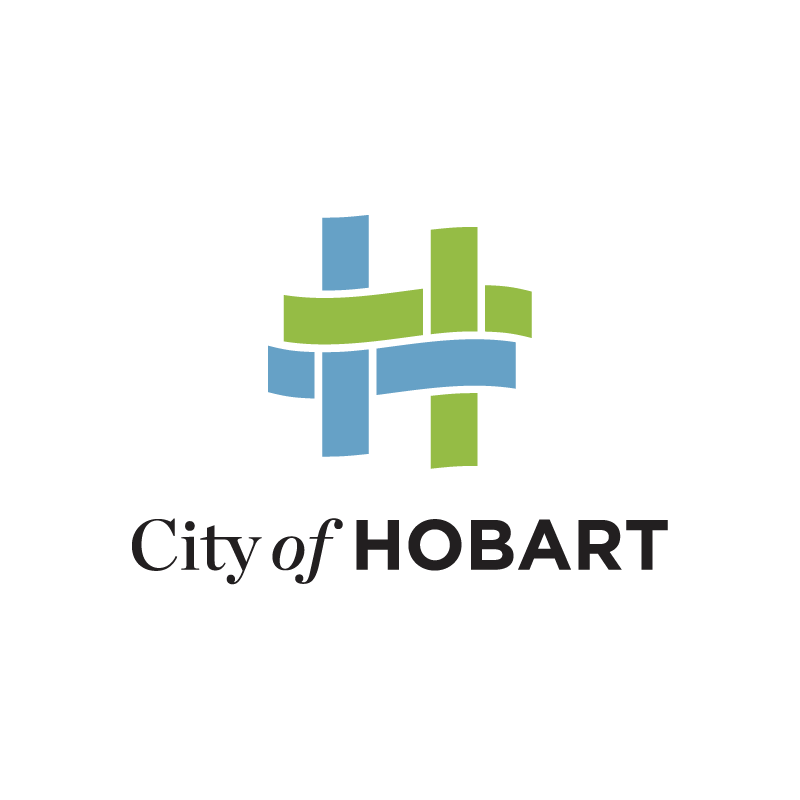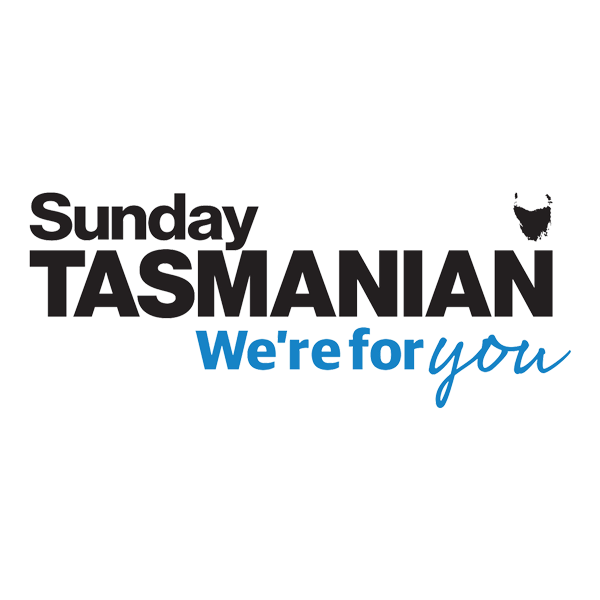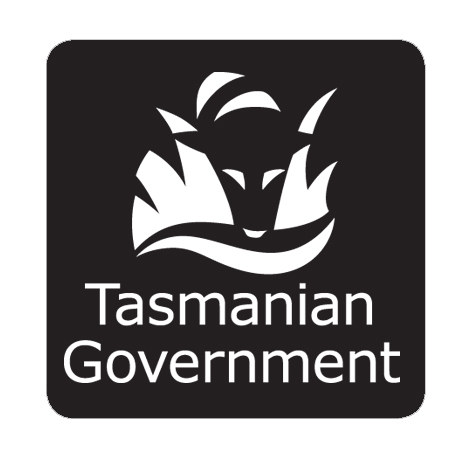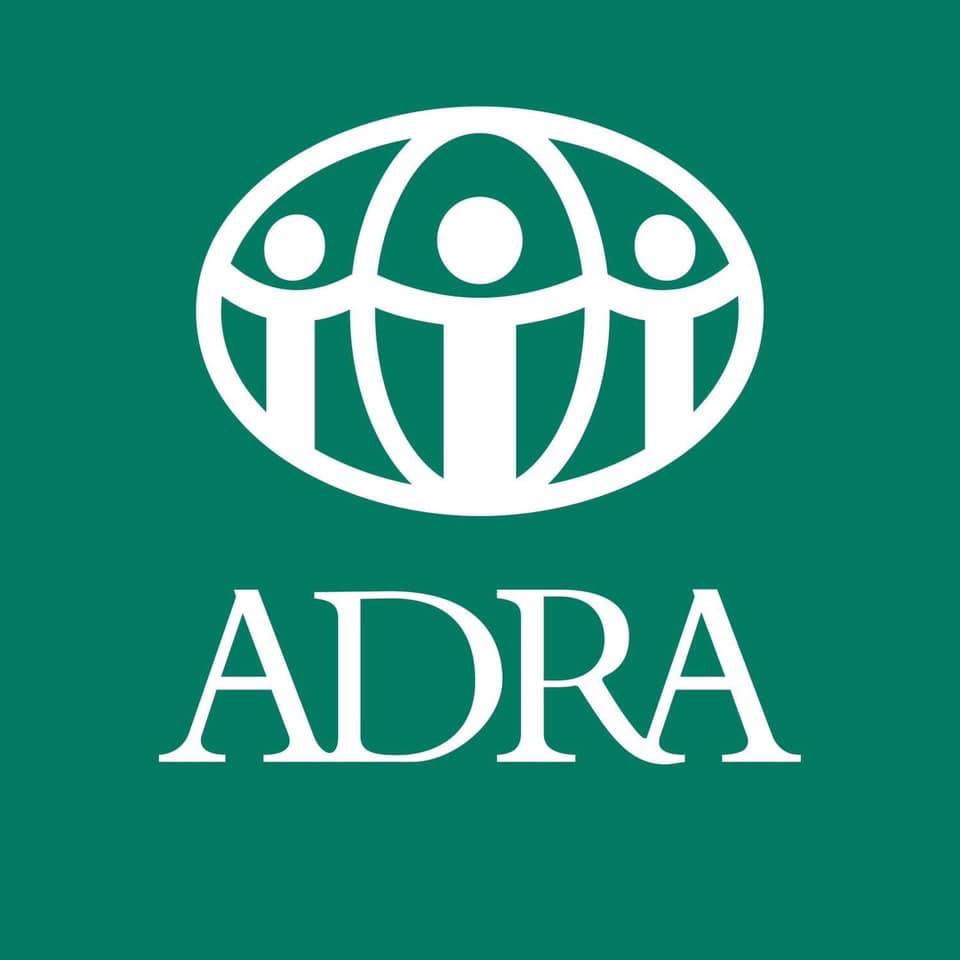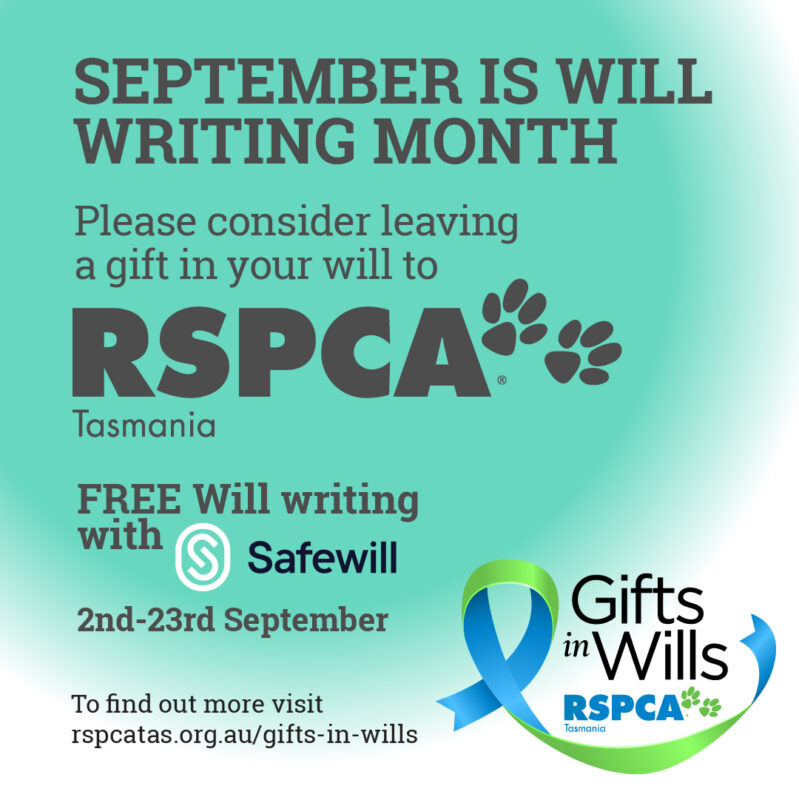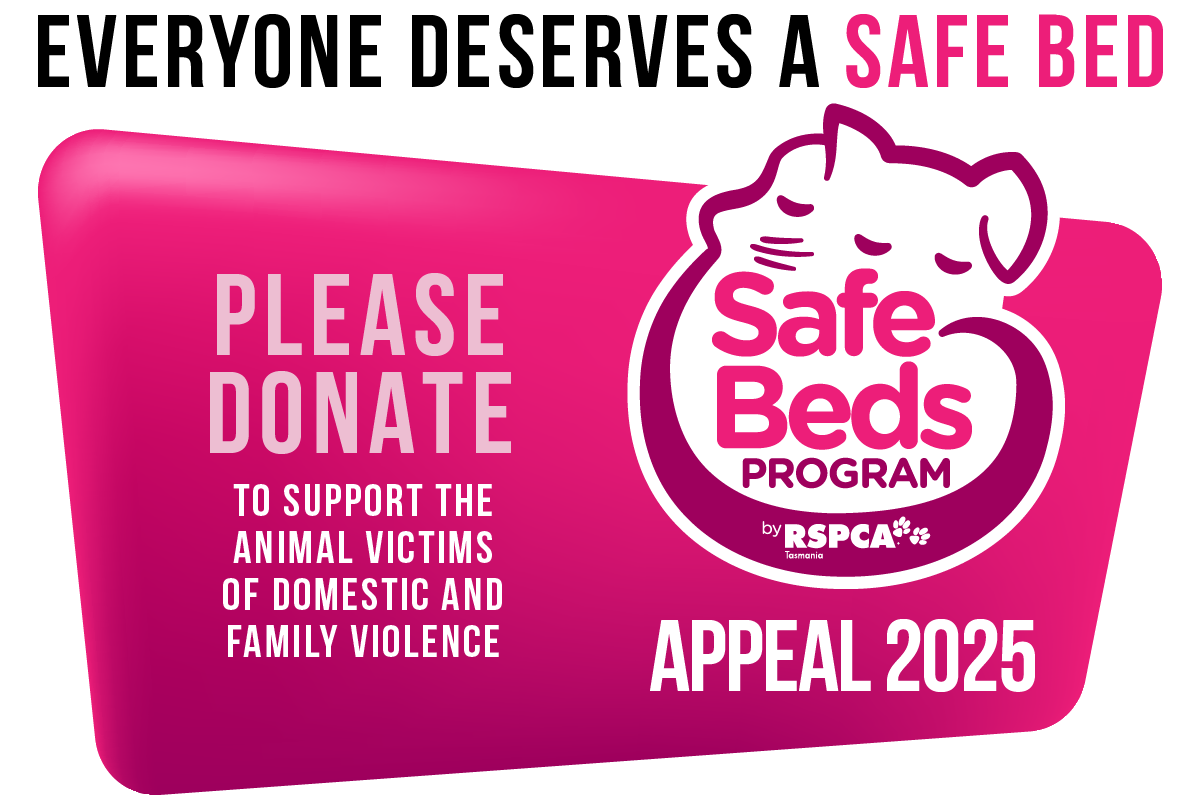The importance of companion animals in our lives has been one of the many unexpected consequences of COVID-19. The demand for pets, and dogs in particular, has greatly outstripped supply.
As a result, the RSPCA is receiving many reports of puppy farms, puppy flipping, and puppy scams – and this means that Tasmania is rapidly becoming a haven for interstate problems.
A puppy farm is defined as an intensive dog breeding facility that is operated under inadequate conditions that fail to meet the animals’ behavioural, social and/or physiological needs. In simpler terms, puppy farms are places that don’t provide the dogs in their care with adequate food, water, grooming, vet care, exercise, play or affection. The living conditions are often horrifically overcrowded and the housing unhygienic. Sadly, these situations are not just confined to puppy breeding – kittens are also bred for profit in similar appalling conditions.
Jan Davis, RSPCA Chief Executive, said that “the RSPCA takes complaints relating to companion animal breeders very seriously. Unfortunately, some breeders may appear reputable to potential buyers but, behind closed doors, their animals are not being given appropriate food, shelter or veterinary care.”
“RSPCA inspectors receive many calls reporting breeding operations like this. Much more needs to be done to protect the companion animals of Tasmania.”
Other states have been far more proactive in addressing these issues. In several states, any individual, breeder, or organisation selling, adopting or giving away a dog, cat, puppy or kitten needs to use an official identification number in any advertisement of the animal.
The RSPCA is now calling for our government to urgently follow this lead by:
implementing a public searchable online Pet Exchange Register. Anyone who wants to sell a companion animal must register their details and a ‘breeder ID’ number must be included in all online ads.
introducing penalties applying to any online trading site which allows ads to be published without a pet exchange register number.
The changes will help people looking to adopt or buy a companion animal make a more informed choice about the animal’s history and existing owners. They will also make it easier for animal enforcement agencies, like ours, to seek out or keep an eye on ‘problem’ breeders.
“Animal welfare concerns are a high priority for all Tasmanians who love their furry friends. We urge the government to immediately introduce laws to stamp out intensive breeding of companion animals,” Ms Davis said.
MEDIA CONTACT
Jan Davis, CEO – RSPCA Tasmania
Mobile: 0409 004 228
Email: jdavis@rspcatas.org.au

